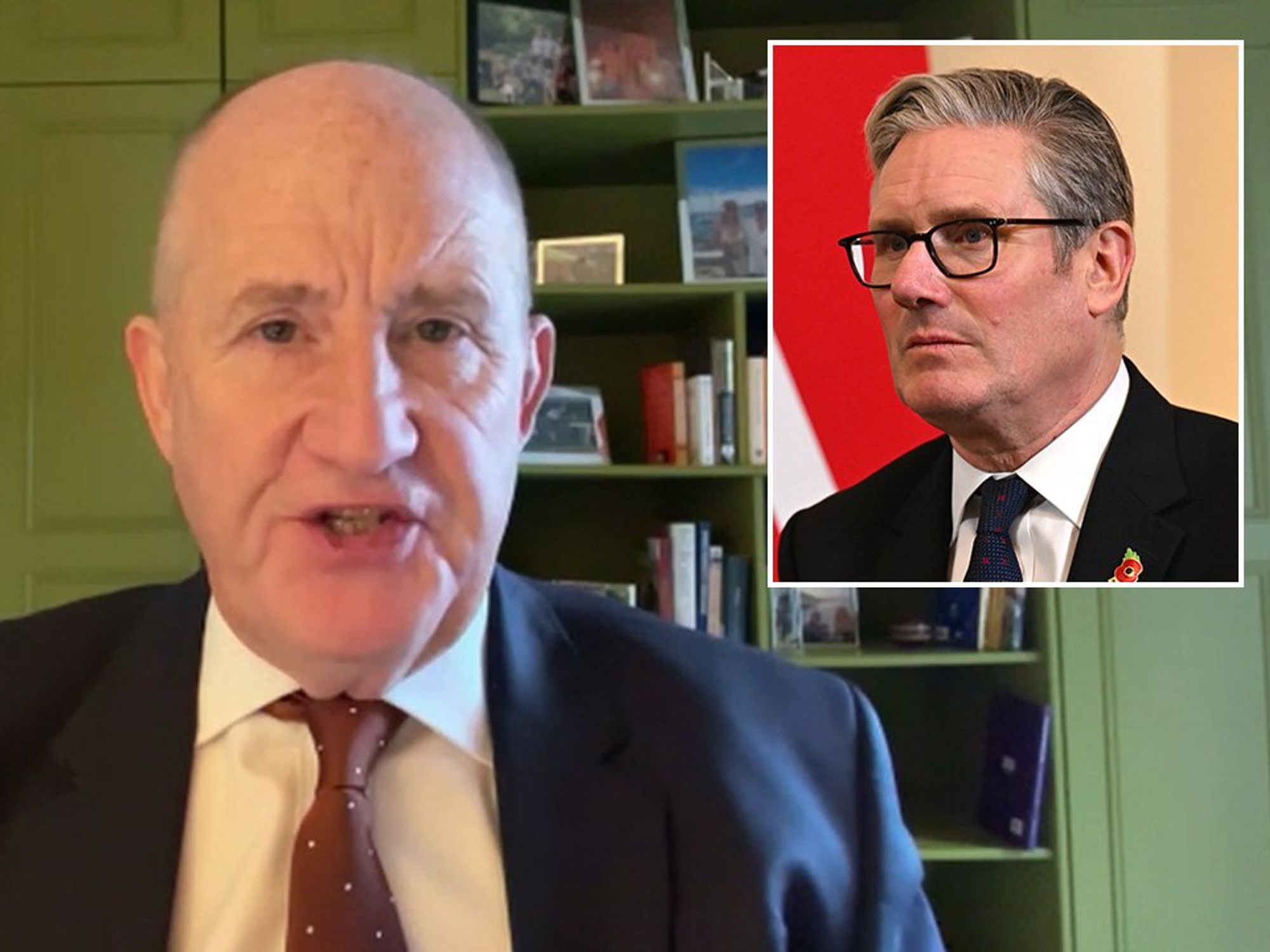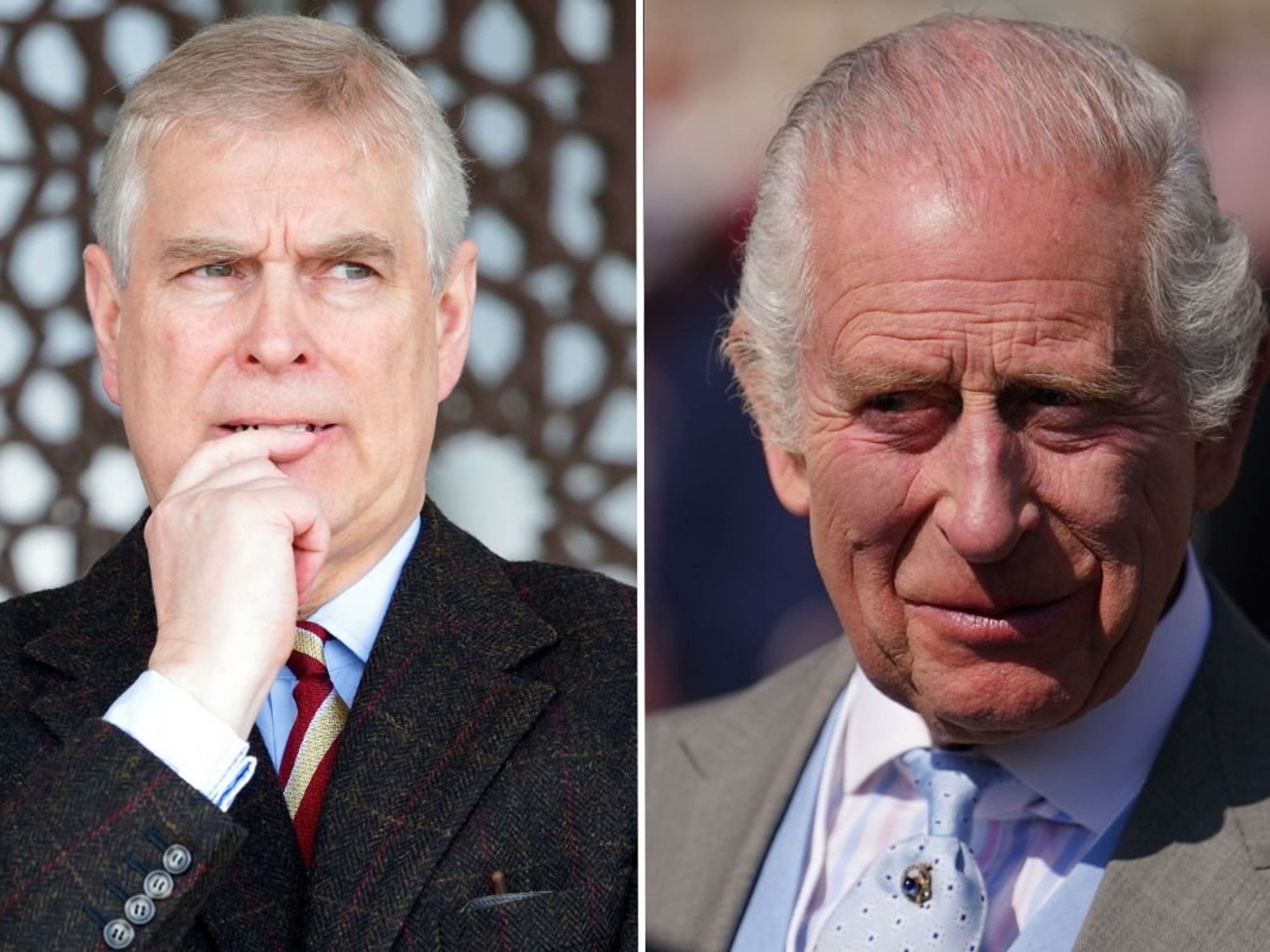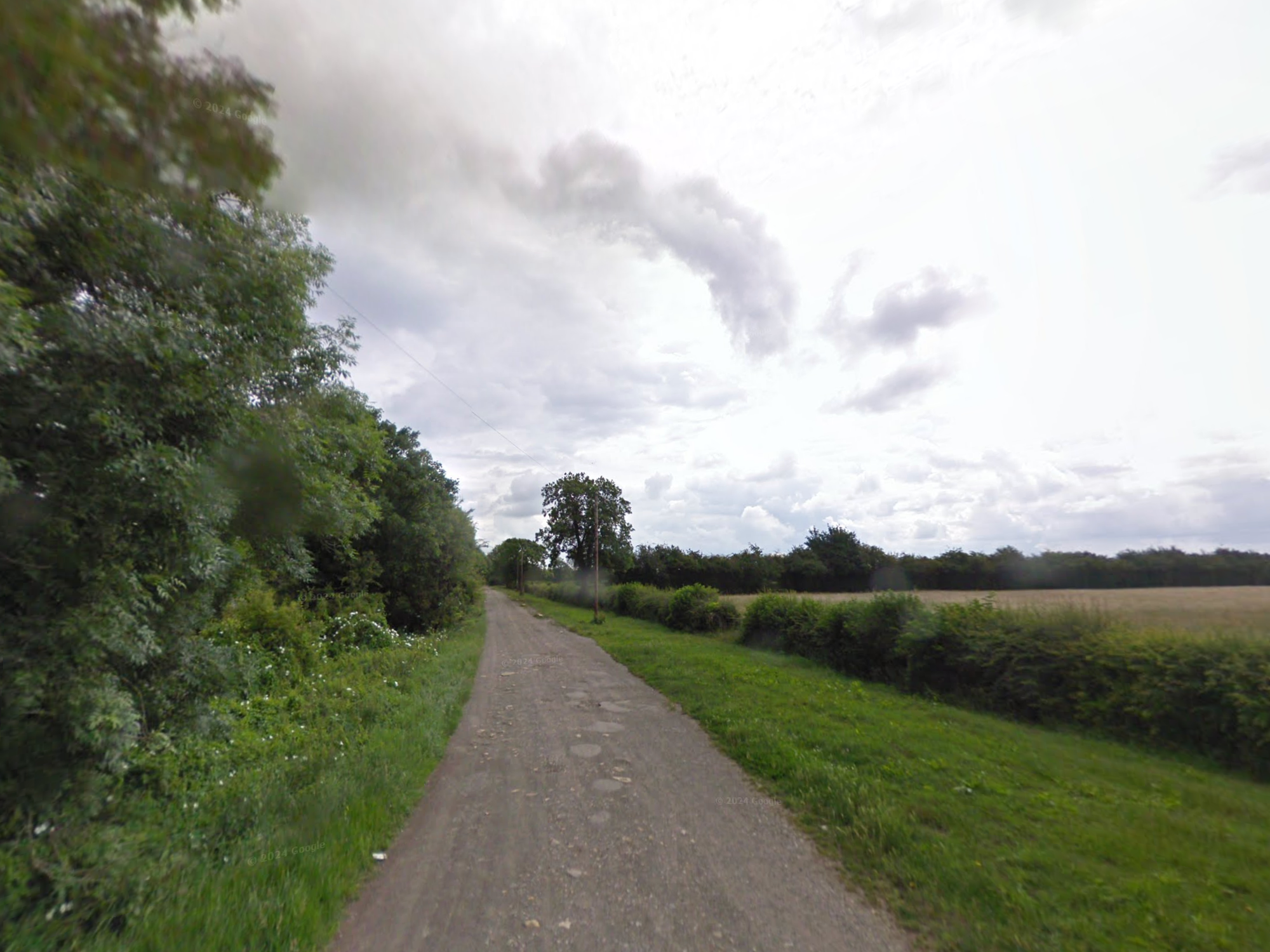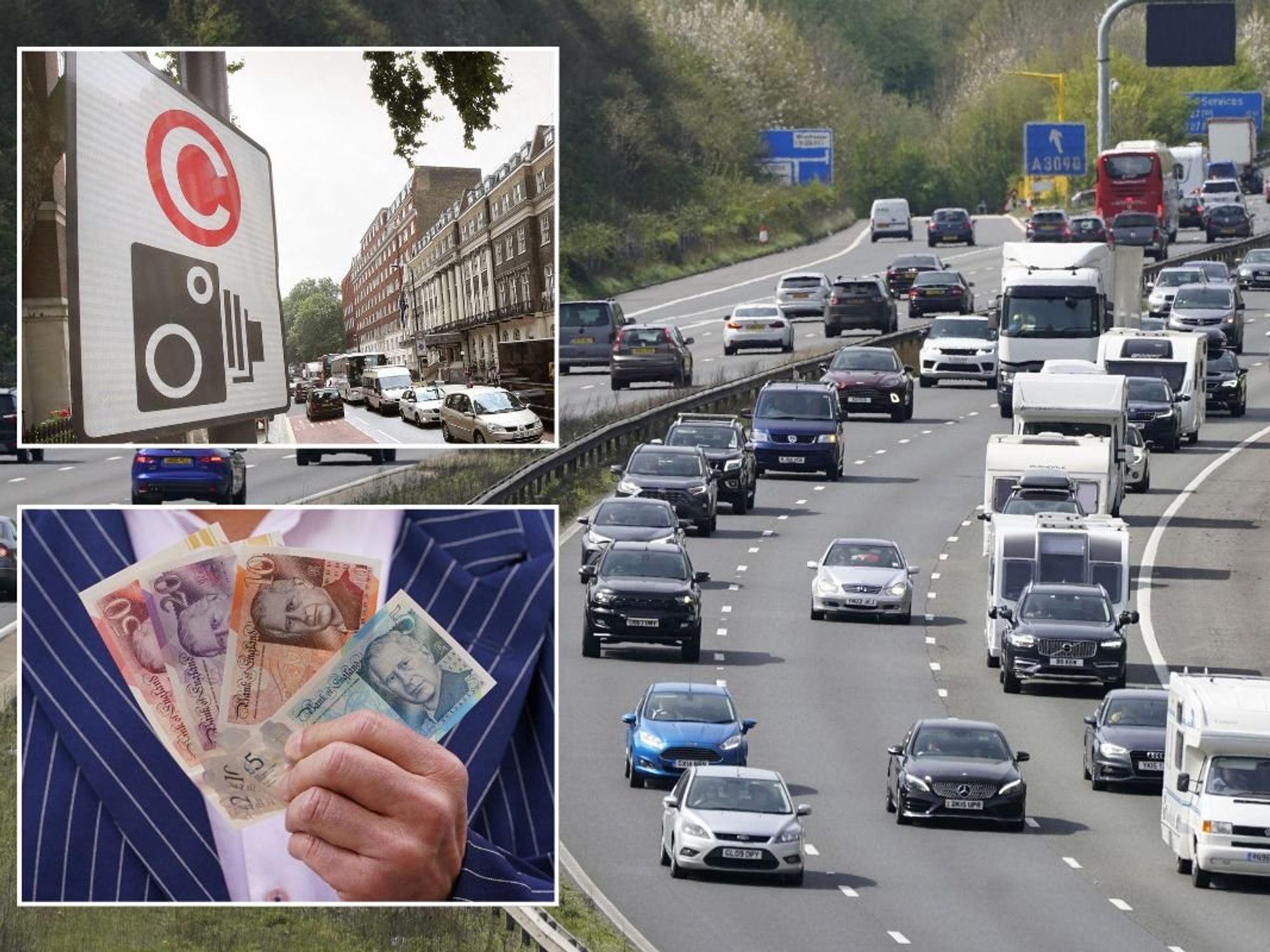Keir Starmer's 'island of strangers' climbdown is his most humiliating U-turn yet - Rakib Ehsan
The past few weeks have confirmed that Sir Keir Starmer is a weak prime minister with little to no conviction
Don't Miss
Most Read
Trending on GB News
Events during the past month have reaffirmed what has been known for some time – that the prime minister is certainly a man who is for turning.
There is no harm in a politician changing their mind when it comes to a particular policy, especially when it is a reversal which is driven by evidence.
It demonstrates that they are not pig-headed and have the decency to admit they may not have quite got it right the first time around.
It shows that they can be flexible for the greater good. But the problem with Sir Keir Starmer is that he is guilty of U-turning so often, it makes him look uncertain over his beliefs (if he has any) and suggests that he lacks a coherent vision for bettering the country at large.
Along with reversing the planned streamlining of the winter fuel allowance for the elderly and watering down plans to reform personal independence payments, the Labour government has now committed to a national statutory inquiry into grooming gangs.
While this is to be welcomed, this only happened because it was essentially backed into a corner by Baroness Louise Casey, who recommended a national inquiry in her recent report on group-based child sexual exploitation. There was nowhere left to hide for the prime minister, who had previously accused people of jumping on the ‘far-right bandwagon’ for calling for a national public investigation with statutory powers.
But out of all the Starmer U-turns, expressing his ‘deep regret’ over his ‘island of strangers’ speech last month is the most embarrassing out of the lot.

Keir Starmer's island of strangers climbdown is his most humiliating U-turn yet - Rakib Ehsan
|Getty Images
Clearly rattled by the hysterical left-wing attacks, the prime minister said neither he nor his speechwriters had been aware that the phrase risked ‘echoing’ the anti-migrant rhetoric of Enoch Powell. But the truth is that we are fast becoming an island of strangers, and it is not racist to say so.
These islands, for most of their history, have had a generally stable demography. Before WWII, notable arrivals included the Huguenot Protestants who fled Catholic persecution in mainland Europe in the late seventeenth and early eighteenth centuries, but they were highly skilled and came in relatively modest numbers.
In comparison, mass immigration to the UK during the twenty-first century – fuelled by the 2004 EU eastern enlargement and the post-Brexit ‘Boriswave’ – has been anything but highly-skilled migration and contributed to rapid social change in parts of modern Britain.
With no meaningful national integration strategy in place, there are areas of the country which are ethnically and religiously segregated in a residential, social, educational, and economic sense.
There are traditional white-British and socially conservative Pakistani Muslim communities which live side-by-side in parts of northern England with little to no meaningful social interaction. In these places, Labour risks being squeezed by Reform UK and pro-Palestine independents, as shown in the recent local elections in Lancashire.
Industrial-scale immigration and the failed integration of diverse communities are at the heart of the ‘strangerisation’ of these islands. Britain, which should be a stable democratic home, has been reduced to being a chaotic international bazaar.
A courageous Labour leader would look to find a way to unite the British working classes, especially in places in Lancashire such as Preston, Blackburn, and Burnley, not throw his speechwriters under the bus because student-style leftists sillily compared him to Enoch Powell.
Britain is at a crossroads when it comes to social cohesion – but the past few weeks have confirmed that Sir Keir Starmer is a weak prime minister with little to no conviction. Politically, he is a man who is living on borrowed time.
More From GB News











